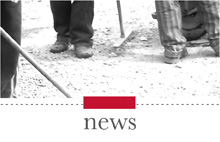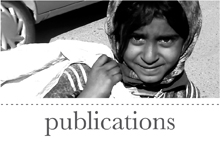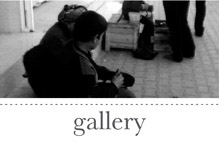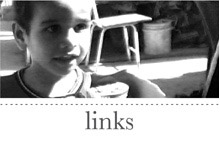Haval Zexoyi, Kurdish in origin, has been editor-in-chief of the magazine Al-Ahali in Baghdad since 2003 and is also president of the Al-Ahali Cultural Forum. He works as a political analyst in the Arab media. He has just had his first political experience as a candidate on the Kurdish Coalition’s list.
I refused to be a pawn in Iraq’s parliament, manipulated by the political leadership, forced to act as a puppet, to raise my hand in acquiescence to decrees made by the president of my list – because the Iraqi parliament is a parliament of lists – or to not raise my hand to show that I reject an opinion or decision. It’s no secret that the head of the list (or coalition) always gets his way. And if I, the virtual Member of Parliament, were to stand in opposition, I would risk being fired and stripped of my parliamentary immunity.
Of course, I didn’t have a voice, even though I was a reputable journalist, because the culture of tribe, clan, race, party and political affiliation, and all that is related, dominates Iraqi citizens and prevails on the awareness of elections. Despite my love for Iraq, my pride at belonging, and my well-known nationalism, my candidacy was left off the ballot of the Alliance of Kurdistan in Baghdad. Why? Because I am independent, and I do not belong to either of the major parties. The first is led by the President of the Republic, and the second by the President of the region of Kurdistan.
It was impossible to present myself as an unaffiliated candidate in my region for two reasons. Firstly, I didn’t have the means for an electoral campaign that would have meant challenging immensely powerful parties and dealing with intimidation from authorities. Secondly, because Dahouk, my hometown – which was a beautiful little city in the 1920s, 30s, and 40s – is now a large village. My city was once dominated by the values of civilization and is now a slave to rural values that handicap it. It is difficult to became a stranger in your own city! I was informed by a senior official that, “We don’t need parliamentary skills. We just need each party to know how important it is based on the number of seats they’ve won.” It’s a paradox of democracy that is both amusing and sad. Indeed, I would not agree to become a pawn in exchange for obscene parliamentary privileges to the detriment of the Iraqi people.
But it would be unjust to present just one side of the reality: I should also mention the other. Iraq’s experience, after the fall of the dictatorship, is unique in the region, especially in the Arab and Islamic world. There was a peaceful transfer of powers and real multiparty parliamentary elections that showed divergent views, ideas, and politics. Even the modes of participation for parliamentary election have changed: there is a permanent constitution, a partnership of power, the concept of a single leader and deified commander has disappeared, and the “virus” of democracy has even begun to exterminate those that sought to imitate Saddam. This “virus” now tells people that, “The time for divine leaders and the era of a single leader is over.”
The Iraqi democracy has proven the failure of the nation-state. It has showed the inanity of the idea of war in the name of a nation, and it has demonstrated the failure of the logic behind the use of force. In addition, it has revealed that the nation is an imagined concept, an abstract idea, and that the individual is the center of attention. Thus, the nation should work for the individual. Iraqi democracy has crushed the song “We march towards war,” the song that Saddam made sacred and that has inducted an entire generation into a culture of violence and rejection of the other. Iraq’s newborn democracy is taking shape. It is true that the age of a people is given in decades and centuries, but Iraq is marching straight towards democracy.












